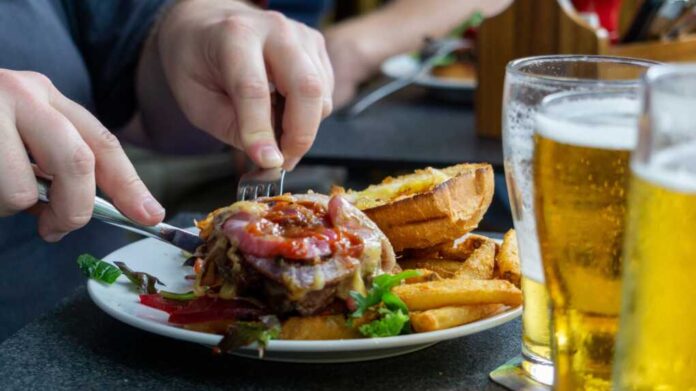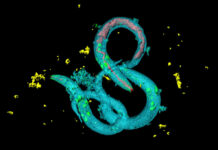
Eating what’s quick and easy may be quietly fueling a surge in early-onset colorectal cancer among women—long before most even think about cancer screenings.
Story Snapshot
- New research links ultra-processed food (UPF) intake with increased risk of early precancerous colorectal lesions in women under 50.
- The study tracked over 29,000 women for 24 years, uncovering a significant diet–disease correlation.
- Experts call for urgent dietary shifts and updated guidelines to counter rising early-onset colorectal cancer (EOCRC) rates.
- The findings place food industry practices and public health policy under intense scrutiny.
Ultra-Processed Foods and the Hidden Threat to Younger Women
Colorectal cancer, once labeled a disease of aging, is now appearing more often in women under 50—a generation raised in the shadow of supermarket convenience. The November 2025 JAMA Oncology study lands like a warning shot: women consuming higher levels of ultra-processed foods face a substantially higher risk of developing colorectal adenomas, which are the earliest warning signs of cancer. The research tracked more than 29,000 women from 1999 to 2023, finding a clear and direct association between high UPF intake and increased risk of these precancerous lesions. This revelation comes amid a backdrop of shifting dietary patterns, where processed snacks, ready meals, and sweetened beverages have become dietary staples rather than exceptions.
Watch: Ultra-Processed Foods and Early-Onset Colorectal Cancer: What You Need to Know
The Long Shadow of Convenience: How Ultra-Processed Became the Norm
Ultra-processed foods are more than just a dietary fad; they are a fixture of modern life. Since the 1990s, these foods have steadily claimed a larger share of the Western diet, thanks in no small part to aggressive marketing, urbanization, and shifting social norms. The study’s timeline, spanning nearly a quarter century, maps perfectly onto the era of superstores, fast food proliferation, and the rise of on-the-go eating. As UPFs became ubiquitous, so too did the health consequences: obesity, metabolic syndrome, and now, mounting evidence of cancer risk. Traditional dietary wisdom—eat more fiber, less sugar, avoid additives—has been drowned out by billion-dollar advertising budgets and hyper-palatable product formulations engineered for repeat purchase, not health.
Who Holds the Power—and Who Bears the Risk?
The implications of these findings ripple outward, from family kitchens to global boardrooms. Researchers and healthcare professionals now wield fresh evidence to push for dietary change, while public health agencies face mounting pressure to update guidelines and advocate for food system reform. The food industry, a juggernaut with vast economic influence, stands at a crossroads: reformulate or resist? Historically, industry lobbying has slowed regulatory action, but growing public awareness and the gravity of these findings may tip the balance. For women under 50, the primary risk group, the stakes are no longer abstract. Prevention is no longer just a matter of screening but of everyday choices—choices shaped as much by policy and availability as by individual willpower.
What Comes Next: Policy, Prevention, and the Limits of Evidence
The study’s robust design—long-term, large-scale, and peer-reviewed—makes it difficult to ignore. Experts agree that while causality cannot be proven outright from observational data, the association is too strong to dismiss. Calls for updated dietary guidelines, clearer food labeling, and public education campaigns have already begun. Nutritionists and epidemiologists urge a return to whole foods and home-cooked meals, while policy makers debate how far regulation should go in curbing UPF marketing and availability. The food industry, meanwhile, faces mounting pressure to reformulate products and offer genuinely healthier alternatives. For now, the message for women is clear: dietary choices made today may have ripple effects decades down the line.
Sources:
PubMed: Ultraprocessed Food Consumption and Risk of Early-Onset Colorectal Cancer Precursors Among Women
JAMA Oncology: Ultraprocessed Food Consumption and Risk of Early-Onset Colorectal Cancer Precursors Among Women
Harvard Gazette: Researchers link ultraprocessed foods to precancerous polyps
Mass General Brigham: Ultra-processed foods and early-onset colorectal cancer study


















